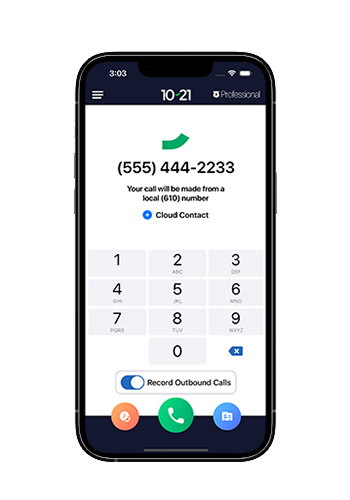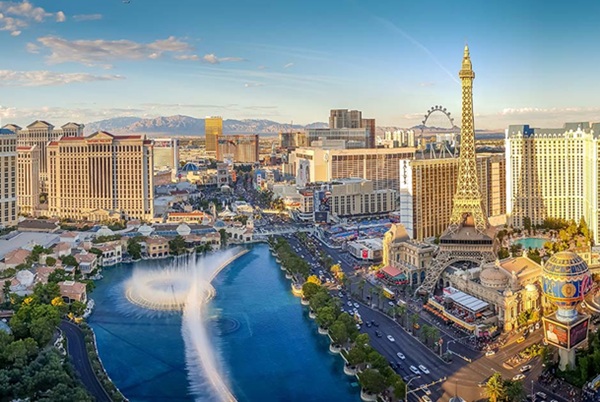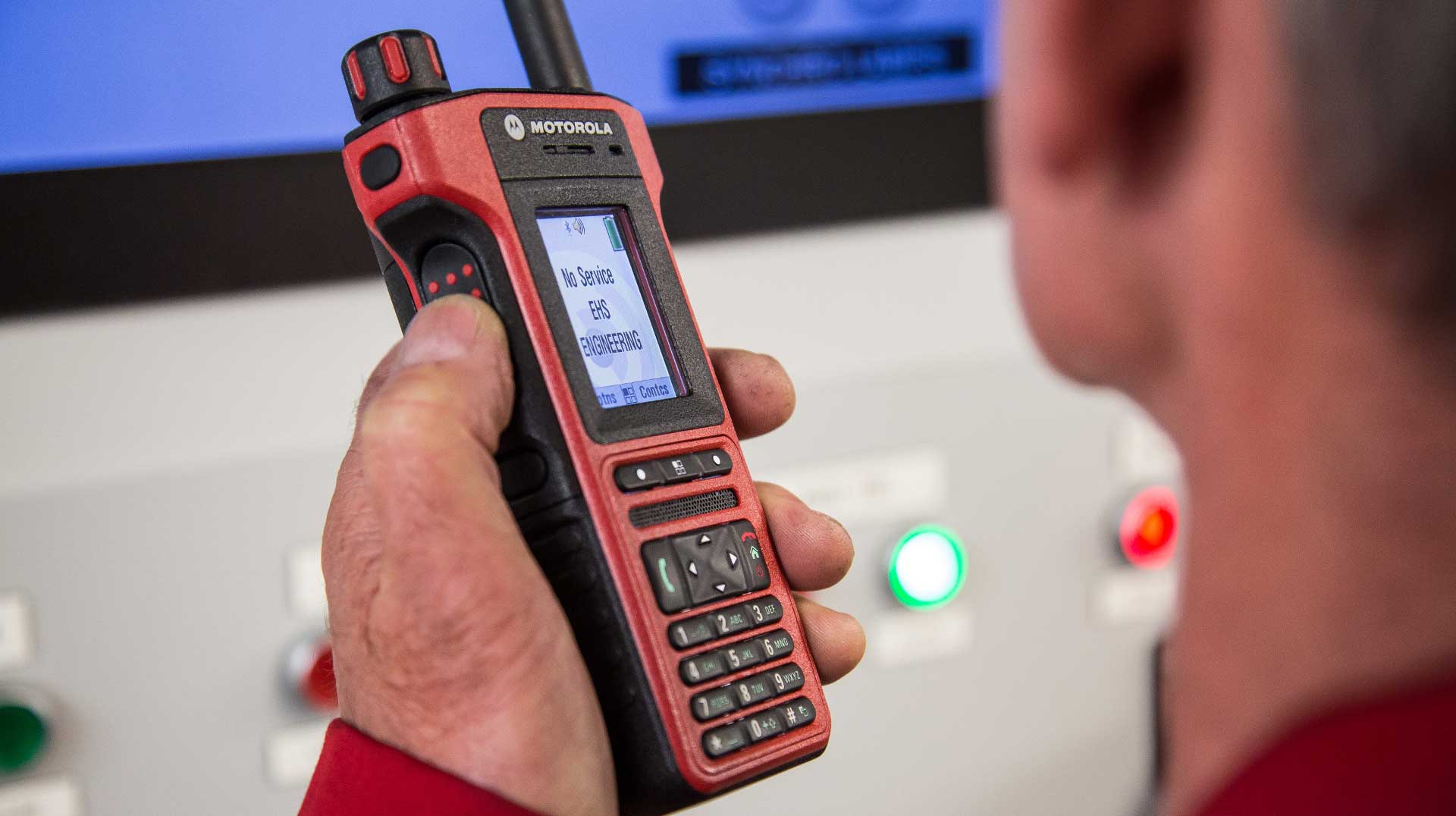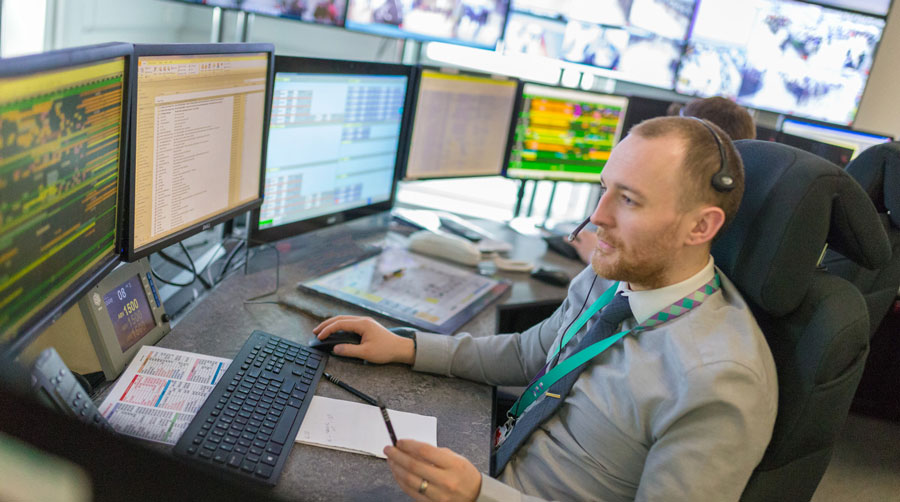 I retired as the Chief of the Colorado State Patrol in 2013. From my beginnings as a trooper to my eventual rise to chief, I experienced many challenges to overcome along the way. One aspect of my role as a supervisor that often tested my resolve was handling external grievances or concerns raised by a community member. These situations typically arose when a public complaint was submitted regarding the actions and conduct of someone under my command.
I retired as the Chief of the Colorado State Patrol in 2013. From my beginnings as a trooper to my eventual rise to chief, I experienced many challenges to overcome along the way. One aspect of my role as a supervisor that often tested my resolve was handling external grievances or concerns raised by a community member. These situations typically arose when a public complaint was submitted regarding the actions and conduct of someone under my command.
In most situations, we had the resources to efficiently address and resolve these incidents – whether it meant reviewing available video footage or, in many cases, accessing recordings from voice loggers or dispatch calls. However, one area that consistently posed challenges was dealing with public complaints regarding how something was handled through a mobile phone call. It didn’t matter if the trooper was using their own or an agency-issued phone; there was no call record or recording to support or refute the claims.
Imagine a scenario where an officer diligently follows up on an incident, properly engages with a victim for additional information, all while following agency policy and procedure. Despite the officer’s adherence to protocol, the victim alleges that the officer acted officiously and called them a derogatory name, so they make a formal complaint about how they were treated. In addition to the original incident to investigate, the supervisor now has to address a public complaint — with no record of what occurred.
We could have quickly resolved such situations if we had recorded phone interactions. Just as we relied on video footage or dispatch recordings, when available, to provide a clear, unbiased account of events, having recordings of mobile phone conversations would have been invaluable. It would have allowed me to swiftly and conclusively prove that we acted appropriately and diligently, ensuring transparency and maintaining public trust.
Covering the Final Mile of Transparency
Fast forward to today and the good news. I am thrilled to share that Motorola Solutions has launched a new feature for the popular 10-21 Police Phone app that addresses what I refer to as “the last mile of transparency” by recording and securely storing calls made between law enforcement and the community.
This last mile of transparency is paramount, particularly in safeguarding officers against unfounded misconduct allegations. Similarly, if a call recording identifies the mishandling of a situation with the public, the agency can use this as a training opportunity. By capturing and preserving these conversations, it becomes easier to assess the nature of the interactions accurately. The recorded calls are an invaluable tool to ensure accountability and protect everyone involved.
With 10-21 Police Phone Call Recording, your agency:
🗸 Ensures every aspect of law enforcement interaction is recorded
🗸 Demonstrates commitment to accountability and fairness
🗸 Creates a comprehensive record of interactions
🗸 Supports investigations with accurate information
🗸 Provides a reliable source of evidence to refute false claims or misunderstandings
🗸 Safeguards your officers’ professional reputation
🗸 Improves interactions and relationships with your community
🗸 Enhances personnel training by using recorded calls to identify areas for improvement
By embracing this technological advancement, you can ensure officers are protected from unfounded accusations and provide the public with the assurance that their concerns are being addressed with diligence and integrity, all while collecting indisputable evidence.
10-21 Police Phone: A Powerful Tool
In the past year, the 10-21 Police Phone mobile app facilitated over 6,000,000 calls to community members from U.S. law enforcement. The app provides a local, unblocked number to use when making calls, ultimately increasing answer rates while protecting the officer’s personal phone number and privacy.
The popularity of 10-21 Police Phone is no surprise as it offers unmatched benefits of getting calls answered and safeguarding privacy. However, this new Call Recording feature takes accountability, transparency and evidence collection to a whole new level. No more using your body camera to record phone calls. No more using dispatch as a go-between to connect with the community. Now your officers are equipped with a simple, modern application to call and capture their conversations securely.
The app’s power is in its simplicity. When making a call, one tap and the conversation will be recorded. Or recording can be selected as your agency’s default setting. This means all calls are recorded and saved in the 10-21 CallManager dashboard for easy access and sharing. Call Recording requires a 10-21 Plus license through an agency account.
Every October at Motorola Solutions, we celebrate the 21st as “10-21 Day”, thanking our customers, highlighting their successes, and introducing new features. In 2023, another #1021Day brings innovation to an app that is quickly becoming a “need to have” for modern policing.
Learn more about 10-21 Police Phone and Call Recording, and request a demo.




